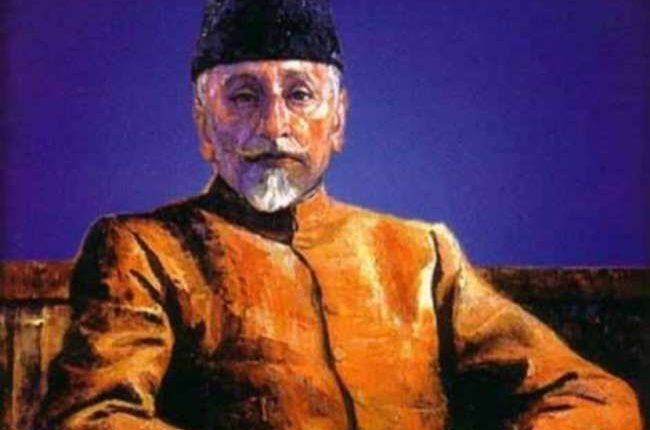Cuttack: Since 2008, National Education Day has been celebrated on November 11 as the commemoration of the birth anniversary of an Indian scholar and the first Minister of Education of India post-independence — Maulana Abul Kalam Azad.
On this momentous day, his invaluable contributions to Indian independence, social reform and educational sector advancements are worth examining. Here are some of his most notable achievements:
1) He earned fame through his work as a journalist, staunchly supporting Indian nationalism, criticising British Raj, and supporting secularism through the Al-Hila newspaper.
2) He played a pivotal role in several important movements, including Khilafat movement, Dharasana Satyagraha, Non-Cooperation Movement, and championing the cause of Hindu-Muslim unity.
3) A strong advocate of compulsory education for children up to 14 years of age, along with women and adult literacy, he was responsible for the diversification of vocational training and secondary education.
4) A key member involved with the formation of the Indian Constitution, he is also credited for establishing the foundations of reputed institutions like the IIT, AICTE, Sahitya Academy, and also for envisioning the creation of University Grants Commission (UGC) in 1953.
5) He is also the founder of the Jamia Millia Islamia University and held portfolios of natural resources and scientific research.


Comments are closed.